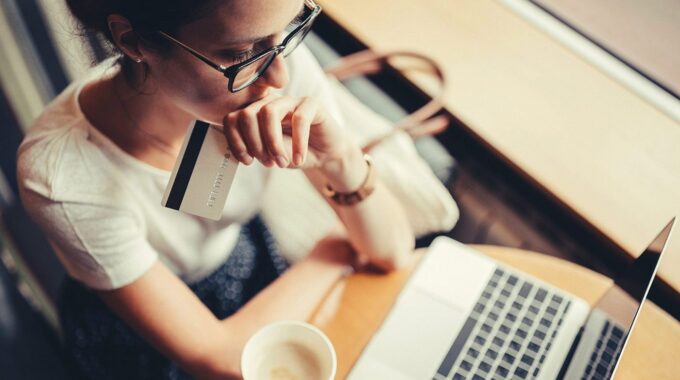Guard Your ID
Get identity theft protection from ProtectMyID—available for AAA members.
Because a public internet connection isn’t necessarily a good thing.

Finding a free Wi-Fi hotspot can seem like a small victory worth celebrating, but an unsecured network can spell disaster without the proper precautions. While there’s no way to completely guarantee digital security, taking a few measures can go a long way toward protecting your information.
It can be difficult to resist the temptation of a free wireless network. We almost instinctively perk up at the sight of an unlocked connection. But before you click “Connect,” make sure that you aren’t about to fall into a hacker’s trap. Networks that do not require a password often transmit your data without encryption, allowing almost anyone with a couple of basic, widely available tools to easily view your online traffic.
Hackers will also create dummy, or “spoof,” networks in an attempt to gain access to your information. Using this strategy, a hacker will set up a network with a name similar to a nearby legitimate network, or use a generic name such as “Free Wi-Fi,” granting them direct entry to your device and information. When connecting to an unfamiliar network in a public place, always confirm the correct name on nearby signage or by asking an employee.
Choose the right travel credit card to keep your information safe and earn rewards along the way.
Read MoreEven after selecting the safest available network, it’s important to stay safe as you browse. Only browse websites that have a secure “https” address. These sites provide encryption on most sensitive data that is transmitted.
Always avoid sharing sensitive information on a public network, saving online banking and shopping for a familiar, secure connection. As a rule of thumb, it’s best to avoid using websites that require a username and password when being accessed through unsecured Wi-Fi. Even when a hacker cannot directly access your password, if they are able to see which website you are on, there are password breaking tools that generate millions of passwords a second in an attempt to steal your private information.
To help ensure peace of mind, AAA helps make identity theft protection easier by offering ProtectMyID, which provides daily credit-report monitoring and fraud resolution.
In addition to keeping clear of digital risks, there are also things you can do to boost your defenses against hackers. One of the biggest ways to enhance your security is using a Virtual Private Network, or VPN. With several paid and free options, VPNs encrypt all transmitted data, adding an extra layer of security between your information and any potential cyber thieves.
It’s also important to make sure your devices are set up to defend themselves. Before traveling, ensure that all apps and your operating system are up to date. Additionally, be sure to disable file sharing and don’t allow your device to automatically connect to available networks. With these settings in place, you will have more control of the networks you connect with and the information that your devices share.